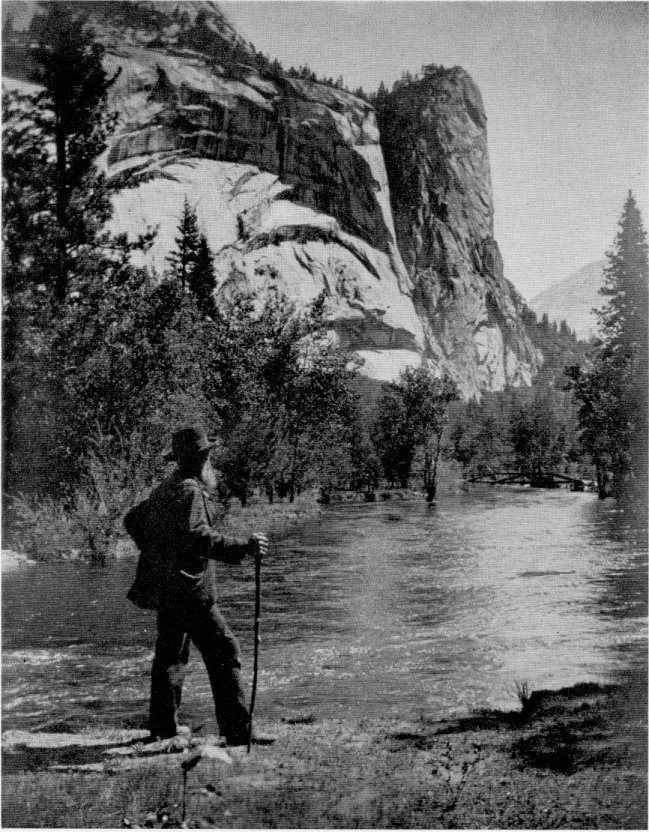I suddenly realized the remarkable extent to which the methodology of economics creates blind spots. We just don’t see what we can’t formalize. And the biggest blind spot of all has involved increasing returns. So there, right at hand, was my mission: to look at things from a slightly different angle, and in so doing to reveal the obvious, things that had been right under our noses all the time…
…Eventually I realized that one way to deal with a difficult problem is to change the question — in particular by shifting levels. A detailed analysis may be extremely nasty, yet an aggregative or systemic description that is far easier may tell you all you need to know.
…What I began to realize was that in economics we are always making silly assumptions; it’s just that some of them have been made so often that they come to seem natural. And so one should not reject a model as silly until one sees where its assumptions lead.
…Doing geography is hard work; it requires a lot of hard thinking to make the models look trivial, and I am increasingly finding that I need the computer as an aid not just to data analysis but even to theorizing. Yet it is immensely rewarding. For me, the biggest thrill in theory is the moment when your model tells you something that should have been obvious all along, something that you can immediately relate to what you know about the world, and yet which you didn’t really appreciate. Geography still has that thrill.
In the course of describing my formative moment in 1978, I have already implicitly given my four basic rules for research:
1. Listen to the Gentiles
2. Question the question
3. Dare to be silly
4. Simplify, simplify [click to continue…]




